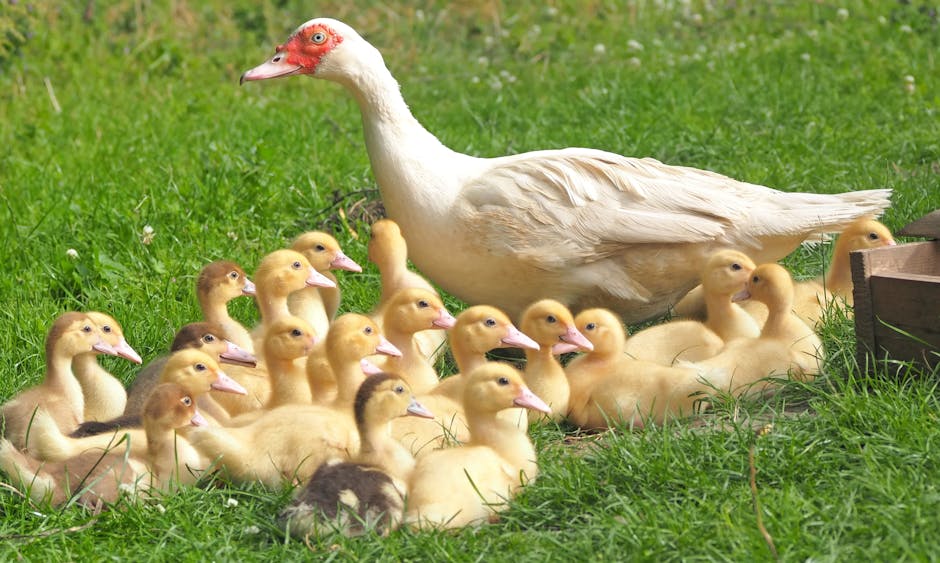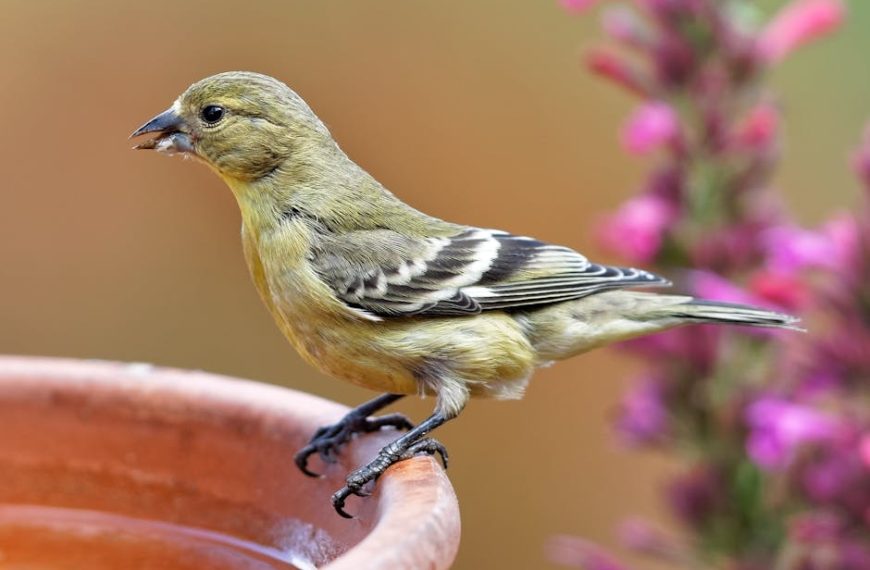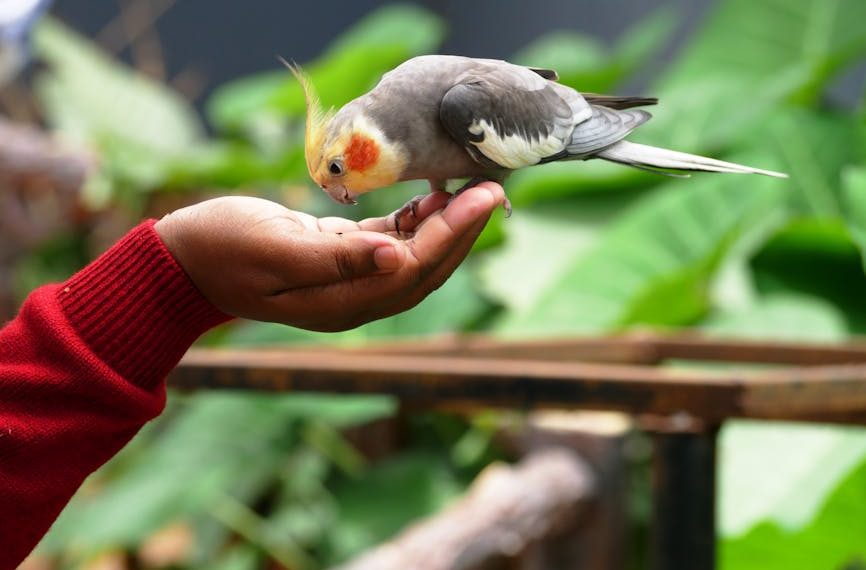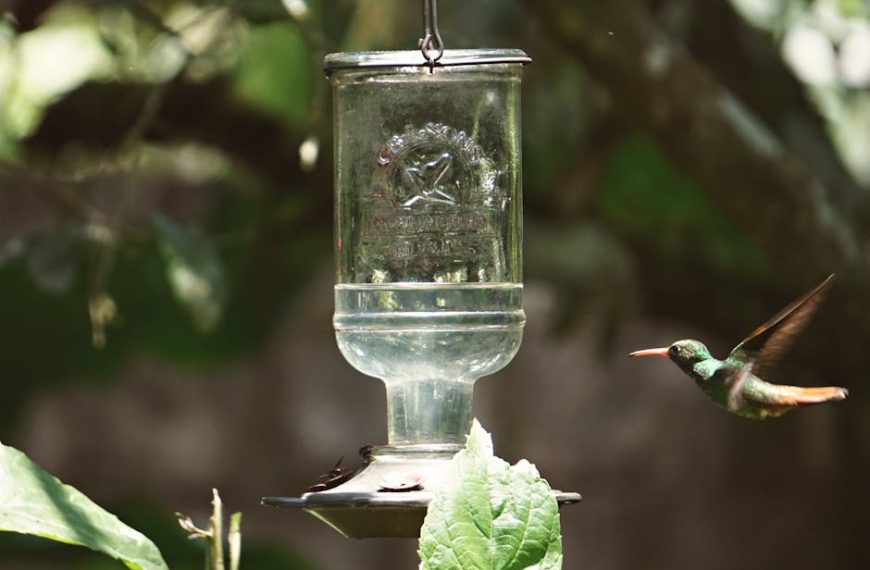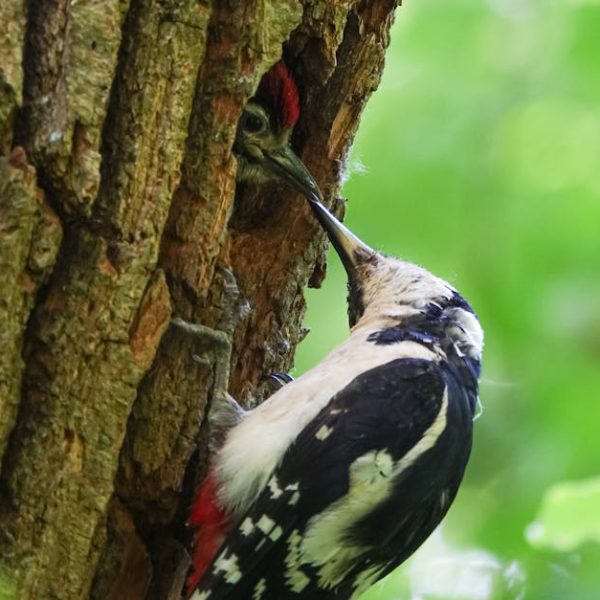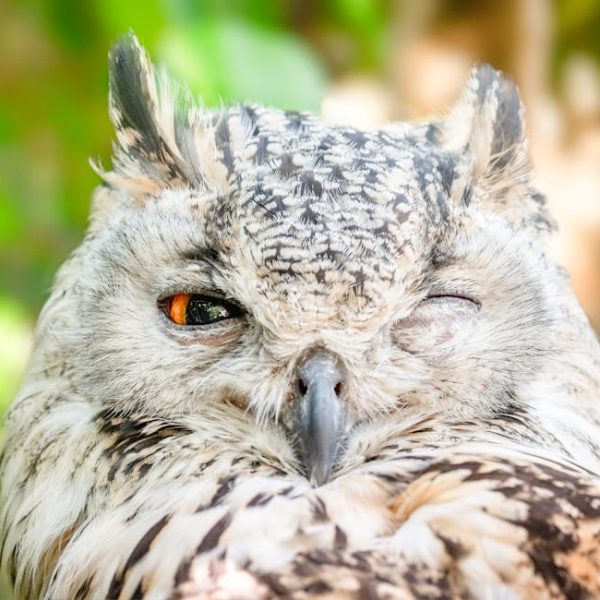Birds, soaring high in the sky, are often associated with freedom and the idea of exploring the world beyond the horizon. This natural wonder and curiosity have led many of us to admire these colourful, chirpy creatures. But, have you ever considered welcoming one into your home as a pet? Birds, with their vibrant personalities and easy maintenance, can indeed make fantastic pets.
There’s a whole array of bird species available, each unique with its own character, looks and sounds. Choices range from friendly parrots who always desire to interact, small and peacefully chirpy finches, intelligent cockatiels ready to mimic sounds you teach them, to cuddly lovebirds that will attach strongly to their caretaker. Dive into bird community groups, online blogs or ask your local pet store for more about these species and more.
A pro tip before you adopt a bird as a pet; conduct thorough research about the species you’re interested in. Consider key aspects like lifespan, noise level, interaction needs, and diet. Birds, unlike other common pets, live significantly longer and some species like parrots can even outlive their owners.
One of the pleasing aspects of owning a bird is its space requirements. Birds can be comfortable in small apartments or larger homes alike, as long as they are provided with a suitable cage. From smaller travel-friendly cages to spacious aviaries, cages come in myriad sizes. Remember, bigger doesn’t always mean better. While a more spacious cage can provide the bird with a better living area, it also increases the responsibility of cleaning it.
A pro tip while picking out your bird’s cage: look closely at its design. Size, materials used, number of access points, and spacing between cage bars, are all crucial factors that can affect your bird’s safety and comfort.
Birds are not just pretty to look at; they are fun, chirpy, interactive beings, filled with life and personality. Spending time with these feathered friends, training them to perform simple commands or tricks, and simply observing their peculiar behaviour can provide hours of entertainment. Whether it’s asking your African Grey Parrot to mimic your favorite song or watching your lovebird bob its head – having a bird as a pet can be a joyful experience.
A pro tip for new bird parents: remember that birds are social creatures. To ensure they’re pleased and emotionally healthy, take time to play, communicate, and bond with them each day. Simple activities like feeding them directly, conversing, gentle touching, even involved playing, can quickly escalate your status to their favorite flock member! Birds are often thought of as high-maintenance pets. But, in reality, they’re not. Birds require a less complicated routine than dogs or cats. Although they do require a clean living environment and regular human interaction, birds are pretty self-efficient when it comes to things like grooming and exercise. They love to bathe themselves and fly around in their cages to keep fit. They are also less messy when it comes to meal times – a bird’s diet usually consists of simple seed mixes, fresh fruits, and veggies, and maybe an occasional treat thrown in the mix.
The pro tip here is to never underestimate the importance of a clean cage for your bird’s health. Regularly cleaning their cage, providing fresh water, and ensuring they have a healthy, diverse diet is key to preventing diseases and ensuring your birds have a long, happy life.
Akin to bringing any pet into your home, having a bird can also be a great learning experience and can help teach responsibility, especially to children. From understanding the bird’s behavioural cues, learning about their food habits and preferences, to learning about another life form, birds provide endless learning opportunities. They’re not just pets; they’re our little feathery teachers.
The pro tip for families: when young children are interacting with birds, always ensure there is adult supervision. Birds can show aggression or fear when mishandled, and it’s crucial to teach children how to interact with them safely and respectfully.
To wrap it up, having a bird as a pet is an experience unlike any other. From providing endless entertainment, requiring less space, being low-maintenance, teaching responsibility to just being incredibly delightful companions, birds truly make wonderful pets. So, the next time you’re thinking about adopting a pet, maybe skip the traditional cat or dog route and consider bringing a feathery friend into your home instead.
| Criteria | Bird Care | Dog and Cat Care |
|---|---|---|
| Space requirement | Minimal | More, especially for larger breeds |
| Grooming | Minimal self-grooming | Demanding, with regular baths, brushing, nail clips, etc., required |
| Meal times | Less messy, mostly seed-based diet | More messy, variety in diet |
| Exercise | Mostly self-exercise in cage or supervised flying session | Daily walks, playtimes or run in the park |
Whether you’re a bird enthusiast or a first-time bird parent, we’re sure you’ll have a pleasant experience with your feathery friend with these tips in your bird-care arsenal. Happy bird parenting!
Key Takeaway:
- The endless species diversity offered by birds make them unique pets, each with distinct personalities and appearance.
- Birds require significantly less space than traditional pets, with manageable needs for a good quality cage.
- Birds are sociable and interactive beings that foster fun moments and joyful interaction for their owners.
- Birds prove to be low-maintenance pets, with a requirement for a clean cage, fresh water, and healthy food.
- Keeping a bird can stimulate learning and teach responsibility, making it an excellent choice for households with children.
Being a bird parent brings diversity and fun into household pet care, with their charming traits and easy maintenance. Keep their well-being in close check by ensuring a clean living environment and regular interaction. These little actions go a long way in building a strong bond with these fantastic feathery creatures.
FAQs
Q: Are birds a good pet choice for allergic individuals?
A: Some people could be allergic to bird feathers or dander. Always ensure that none of the family members are allergic before adopting a bird.
Q: How can I determine the gender of my pet bird?
A: Some bird species exhibit clear differences between males and females while others don’t. Consulting with a veterinarian or an avian expert can help identify the gender of your bird.
Q: Do birds need regular veterinary care?
A: Yes, regular health check-ups are crucial for ensuring your bird’s health, even if they seem healthy. Birds are proficient at hiding illnesses, which makes veterinary care essential.
Q: Do birds require toys or other forms of entertainment?
A: Absolutely, birds are intelligent creatures that require mental stimulation. Toys, puzzle feeders, mirrors, and friendly interaction can provide this stimulation.
Q: Can all bird species talk or mimic sounds?
A: No, but many species like parrots, mynahs, and ravens are known for their mimicry skills. Research on your bird’s specific species to understand their communication skills better.
Feel free to share this article with bird enthusiasts or people considering adopting a pet bird. Explore more posts on our website to learn about different pet care aspects.
